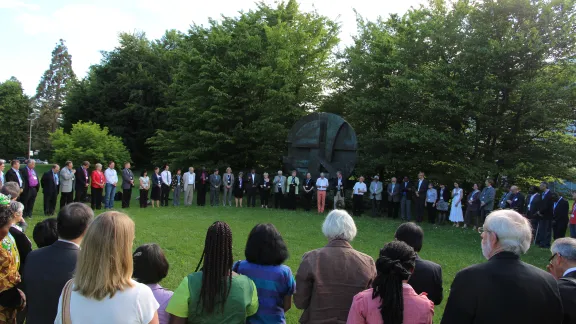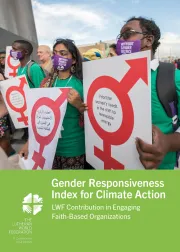Emmaus Conversations
Questions related to family, marriage and sexuality have been a part of LWF member churches’ reality for many years as they have been proclaiming the Gospel, serving the needy and advocating for peace and justice.
Since 1995, the LWF has engaged in a dialogue and discernment process on family, marriage and sexuality issues at the governance level, most recently through the “Emmaus Conversation.”
LWF governing bodies have chosen not to take a position on family, marriage and sexuality issues.
Rather, the LWF sees as its role to accompany and bring together its member churches in open, respectful dialogue on their ongoing journey as a communion of churches.
This dialogue is an expression of the LWF’s commitment to find ways better to discuss potentially dividing issues. The LWF wants to deepen understanding of member churches’ different contexts and the different theological perspectives that shape their discernment on questions like these.

Photo: LWF

Photo: LWF/M. Haas

Photo: LWF/M. Haas
Get Involved
Share with us your stories, photographs and insights using the #LWF


